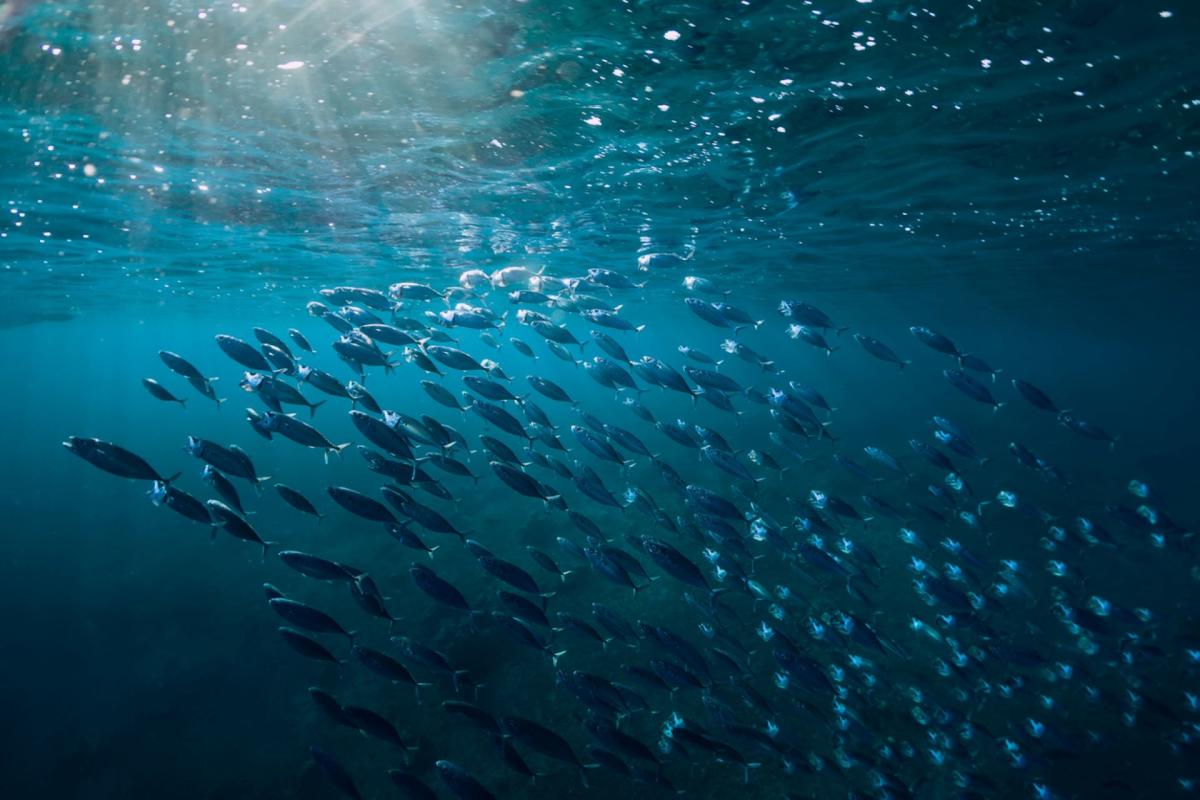Scientists have observed a strange phenomenon in the world’s oceans: fish are getting smaller, even in areas not affected by overfishing. The exact reason is unknown, although researchers have a few theories.
What is going on?
According to The Washington Post, an analysis published in the journal Science shows that almost 75% of marine fish around the world decreased in size between 1960 and 2020.
Although overfishing and rising average temperatures caused by man-made air pollution are the main causes of this phenomenon, scientists still don’t know why the fish are getting smaller in response to warmer ocean temperatures, the Post said.
“This is a pretty basic question,” University of Massachusetts conservation biologist Lisa Komoroske told the paper. “But we still don’t understand why.”
But with more than three billion people worldwide relying on seafood such as fish for a significant portion of their calorie intake, it is critical that scientists understand the mechanisms behind this evolutionary response, according to the World Bank.
Why is it a concern that the fish are shrinking?
As the Post explained, since billions of people rely on fish for protein, they will have to catch more fish to get the same amount of calories. This not only puts pressure on coastal communities that rely on a healthy ocean for income and food, but it also threatens fish populations that are already struggling due to higher ocean temperatures, pollution and overfishing.
Watch Now: The easy-to-use app can help you cut your grocery bill in half
Komoroske told the Post that this phenomenon is known among scientists as the “temperature-size rule,” and that it is observed in both protected and unprotected marine areas.
For years, the scientific consensus was that fish became smaller because their gills could not handle a larger body. Rising ocean temperatures mean they need more oxygen to survive, so a larger body would be an evolutionary disadvantage.
However, a recent study led by Komoroske and her colleague Joshua Lonthair found that the brown trout they raised in warm water had gills sufficiently large for their oxygen needs.
Scientists propose that fish shrinkage could simply be a product of evolution, or that some other organ besides their gills is causing the stunted growth.
It’s important to understand the root cause of the fish’s decline, as the Post reported it could disrupt marine ecosystems and reduce profits for fishermen.
“It’s a problem for fisheries,” Art Bloom, a salmon fisherman in Alaska’s Bristol Bay, told the outlet. “They don’t present themselves very well in the supermarket.”
What is being done about smaller fish?
As the Post explained, scientists are working hard to figure out what’s causing fish to shrink in response to higher ocean temperatures. In addition, commercial fishing and whaling bans around the world are helping to restore balance to ocean ecosystems and give fish and other marine life a better chance of survival.
There is also a huge movement towards clean energy sources such as solar and wind energy, which will reduce pollution and, as a result, rising temperatures that put pressure on animals, including fish. Reducing our dependence on oil and therefore importing and exporting that oil will also reduce the likelihood of oil spills that threaten ocean life.
Plus, there’s a silver lining to shrinking the fish. Inês Martins, an ecologist who discovered that fish are getting smaller, told the Post that the population of many of these fish is increasing despite their smaller size.
We can also help our fishing friends by switching to an electric vehicle, installing solar panels or even eating less meat. By reducing the amount of pollution we produce, we give all life a chance to thrive.
Sign up for our free newsletter for cool news And cool tips that make it easy Help yourself while helping the planet.







